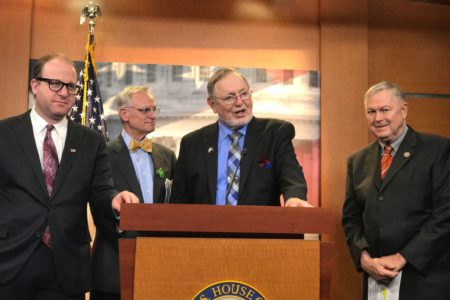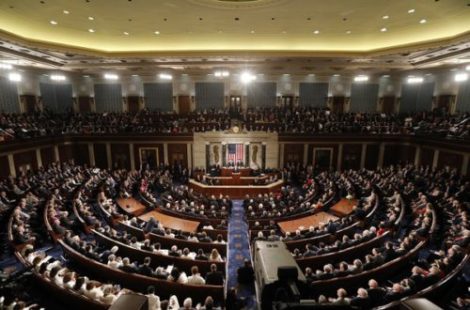With public support for reforming marijuana laws at an all time high, United States Representatives Earl Blumenauer (D-OR), Dana Rohrabacher (R-CA), Jared Polis (D-CO), and Don Young (R-AK) have formed the first-ever Congressional Cannabis Caucus to promote sensible cannabis policy reform and to ease the tension between federal and state cannabis laws.
“We’re stepping forward together to say we’ve got to make major changes in our country’s attitude toward cannabis,” Rep. Rohrabacher said at the start of the press conference. “And if we do, many people are going to live better lives, it’s going to be better for our country, better for people, and it makes economic sense at a time when every penny must count for government.”
Several of the leading marijuana lobbying groups and associations such as NORML, the Marijuana Policy Project, the Drug Policy Alliance, and others issued a joint statement commending the lawmakers for forming the Congressional Cannabis Caucus which will allow members from both parties, who represent diverse constituencies from around the country, to join together for the purpose of advancing sensible cannabis policy reform.


